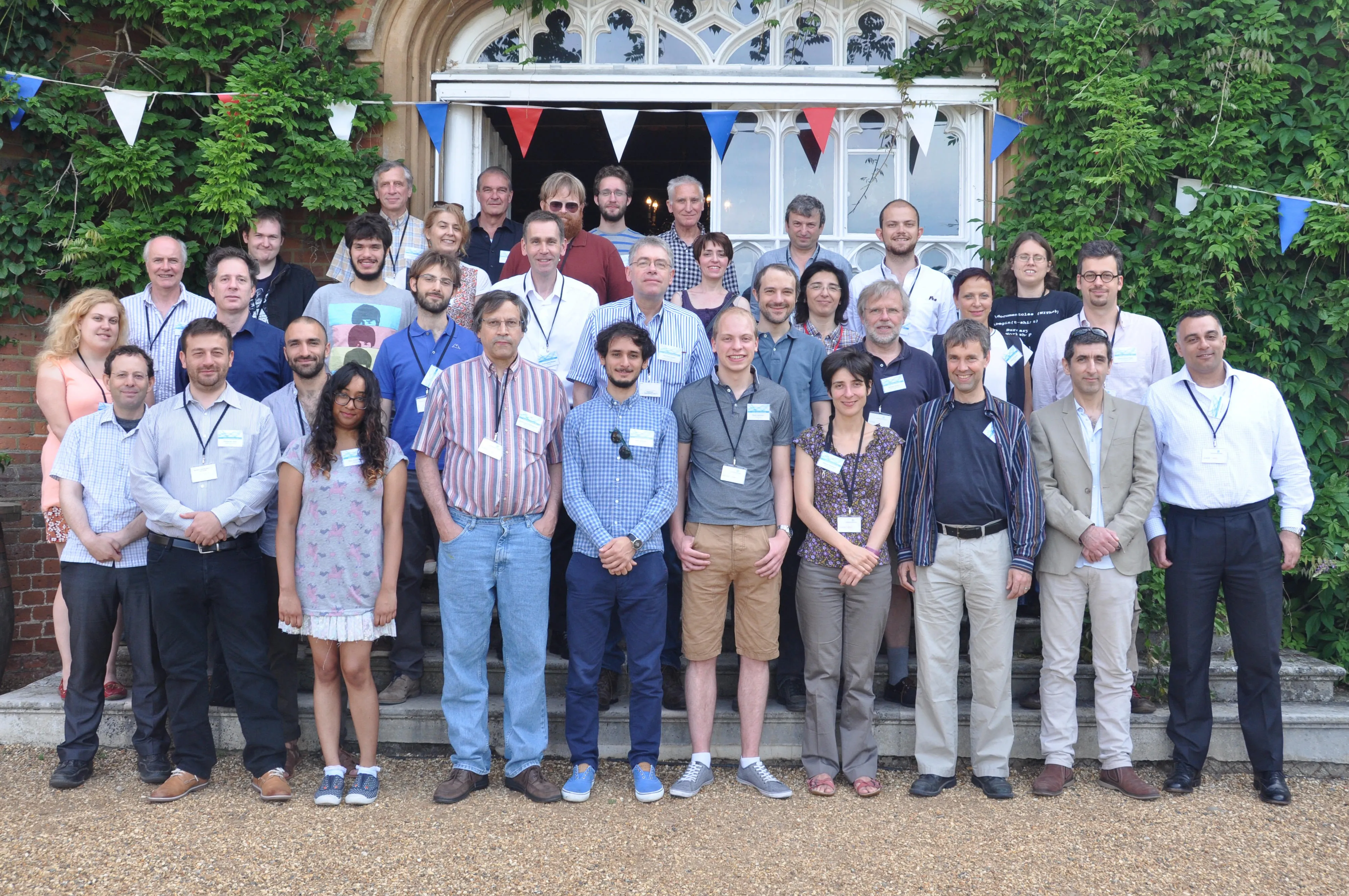Welcome to the Centre for Non-Equilibrium Science (CNES), a leading research centre at King’s College London. CNES acts as an international hub for cross-disciplinary research in non-equilibrium science, runs a wide-ranging programme of seminars, training and outreach activities, and hosts online resources for researchers in non-equilibrium science worldwide. It also incorporates an EPSRC-funded Centre for Doctoral Training (CDT) in Cross-Disciplinary Approaches to Non-Equilibrium Systems (CANES).

